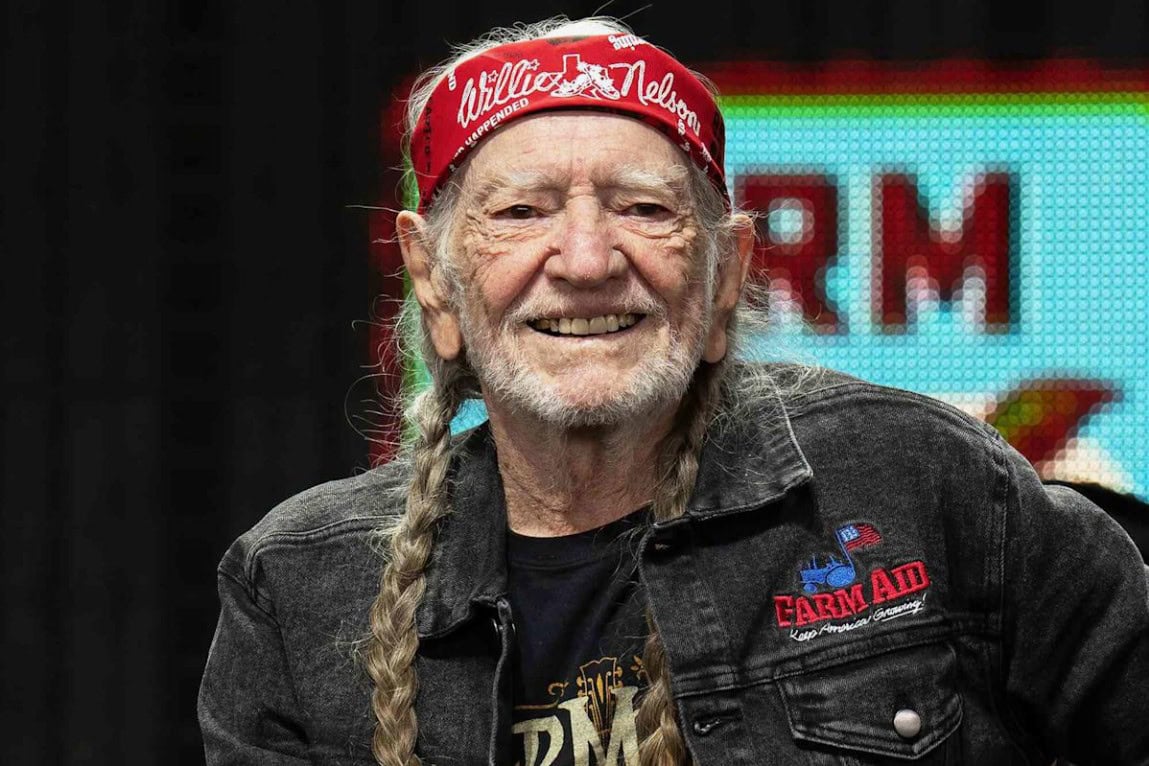
Introduction
The world thought they knew Willie Nelson—the outlaw poet, the man with the braids, the eternal road warrior who turned country music into a religion. But then he sang “You Don’t Know Me”, and suddenly the mask slipped. What emerged wasn’t the legend, but the lonely man behind the curtain—a man who could stand in front of millions and still feel unseen.
This song is more than music. It is a confession. Every trembling note tells the story of unspoken love, of standing so close to someone yet trapped in silence, paralyzed by fear, condemned to forever wonder what could have been. When Willie sings, “You don’t know me,” he’s not just speaking to a lover—he’s speaking to all of us. To the fans who thought they had him figured out. To the industry that tried to put him in a box. To the world that has celebrated him for decades but never truly touched the raw wound at the core of his soul.
What makes this performance shocking is not the power of the song itself—made famous years earlier by Eddy Arnold and Ray Charles—but the way Willie strips it bare. He turns a classic ballad into a mirror, forcing us to confront our own hidden regrets, our own unspoken desires. Suddenly, the audience isn’t just listening; they’re confessing too.
And here’s the gut punch: Willie Nelson, at his age and with his legacy secure, still dares to sing as if love has defeated him. That is the secret to his genius. He refuses to let fame or time harden him. Instead, he shows us the trembling humanity underneath.
“You Don’t Know Me” is not just another cover. It is Willie Nelson’s reminder that even the loudest voices in music history can still whisper the quietest truths—and shake us to our core.